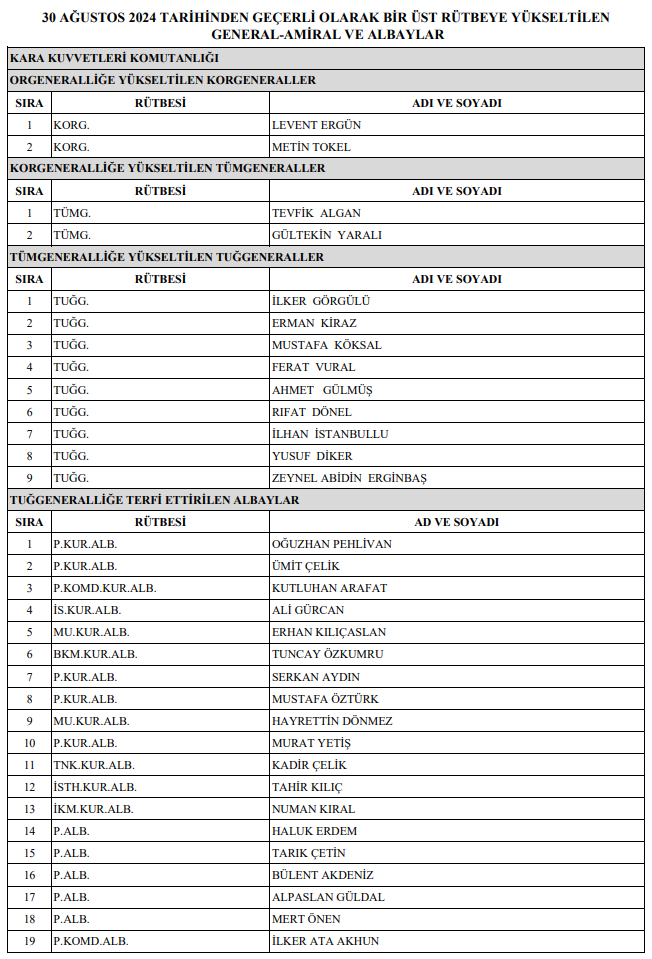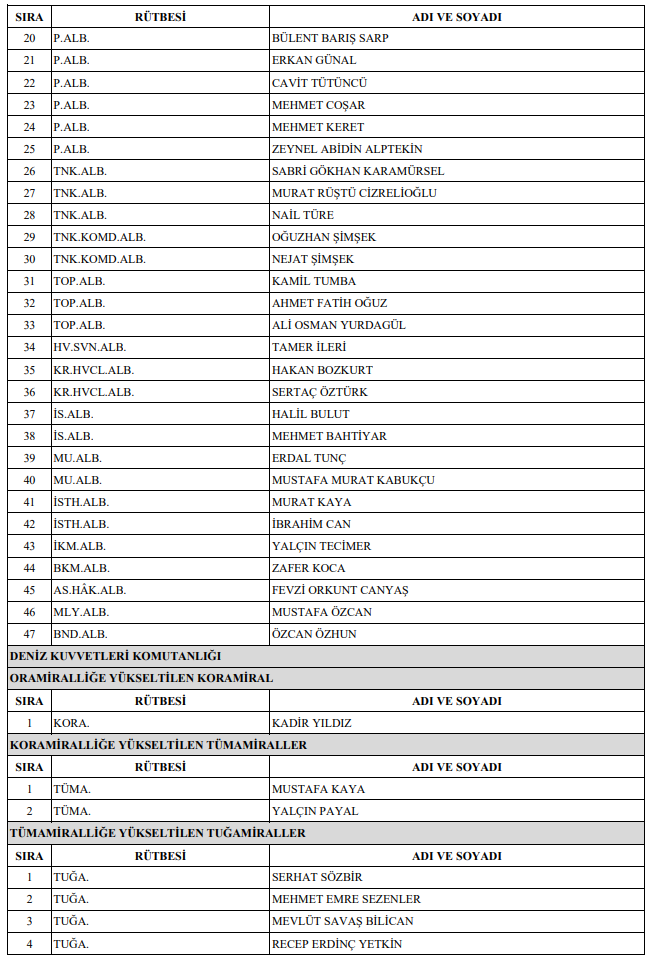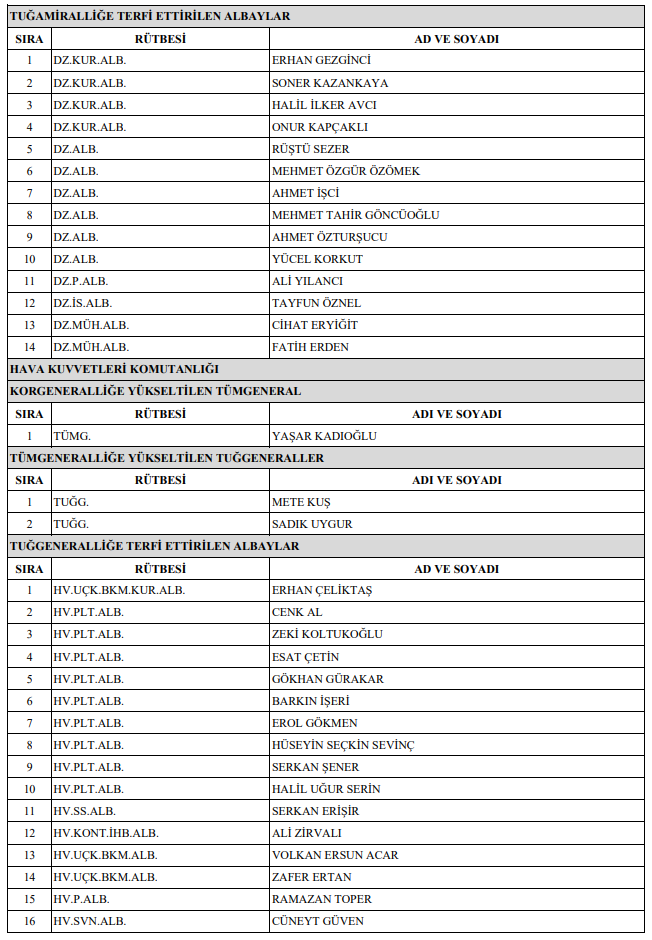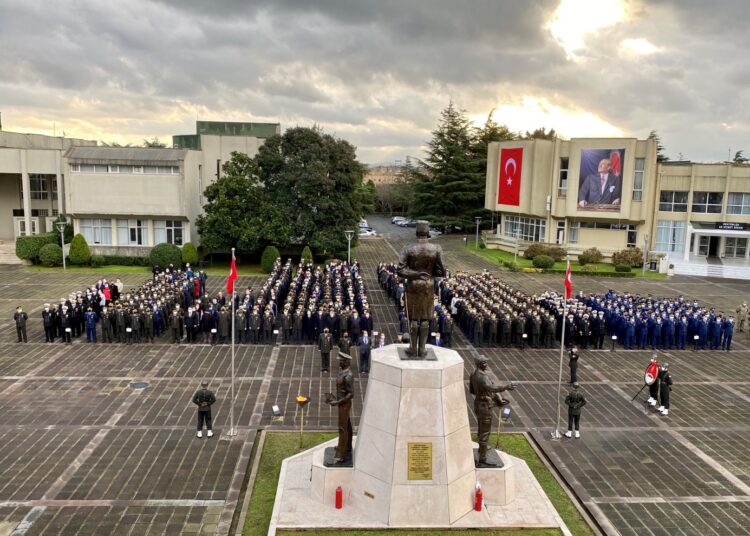Levent Kenez/Stockholm
In NATO’s second-largest army, officers promoted to the rank of general continue to be less educated and qualified compared to previous years. At the 2024 Turkish Supreme Military Council last week, fewer than a quarter of the colonels promoted to general have a staff officer education and experience.
Effective August 30, 2024, 23 generals and admirals will have been promoted, and 77 colonels and naval captains will have been elevated to the rank of general or admiral. The terms of service for 34 flag officers have been extended by one year, while 455 colonels have been extended for two years. Additionally, 31 generals and admirals have retired, either voluntarily, due to age limitations, or because of a lack of available positions. As of August 30, 2024 the total number of flag officers will increase from the current 281 to 327.
According to the 2024 Supreme Military Council decisions, only 13 of the 47 colonels promoted to general in the Land Forces are staff officers, and only one out of 16 in the Air Force. The Navy was no exception, with only four of the 14 navy officers promoted having been chosen from among staff officers.
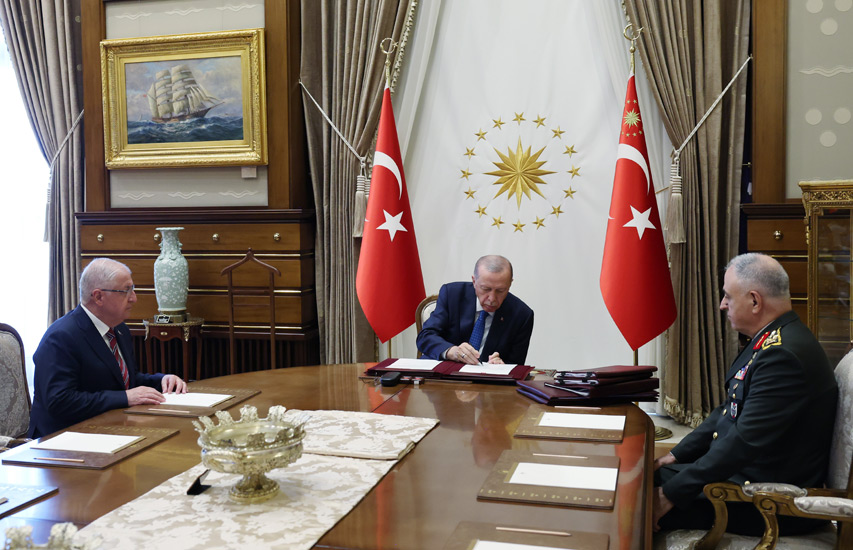
According to unwritten practice in the Turkish military, colonels who graduated from the prestigious War Academies, which only accept candidates who pass a rigorous entrance exam, were typically promoted to the rank of general. These staff officers usually spoke at least one foreign language, had master’s degrees in non-military fields and were specially trained in war strategy, military tactics and troop management. They were often assigned to overseas missions, especially within NATO, and military attachés at embassies were selected from among them.
After a failed coup in July 2016, President Recep Tayyip Erdogan and his government associates removed nearly all flag officers, leaving only a small fraction on active duty. This allowed Islamists and neo-nationalists to quickly climb the ranks. A previous Nordic Monitor study revealed that more generals and admirals were expelled from the Turkish Armed Forces (TSK) than the government publicly acknowledged in the aftermath of the July 15, 2016 coup attempt. This was done under the guise of criminal prosecutions, administrative dismissals, early retirements and forced resignations.
However, the shortage of qualified officers is not a major concern for the government. President Erdogan shared updated statistics regarding the purge of military officers following the coup attempt during a ceremony at the National Defense University July 13. He proudly revealed that 1,524 out of 1,886 staff officers were purged from the TSK. Additionally, of the 32,189 officers serving on July 15, 2016, a total of 10,468 have been expelled.
According to earlier figures announced by the Ministry of Defense at the end of 2023, a total of 24,339 members of the TSK, including noncommissioned officers and civil servants, were dismissed.
Ironically, the official account states that only 8,651 military members took part in the coup, corresponding to 1.5 percent of the TSK. Of those, 1,761 were conscripts and 1,214 were military cadets. Given the fact that some 150 generals and thousands of lower-ranking officers were sentenced on coup charges, military experts find it odd that such an insignificant number of troops took part in the coup attempt.
Only 42 flag officers out of the 325 who were on active duty at the time of the abortive putsch managed to retain their rank or receive promotions after the failed coup, confirming the view that Erdogan’s government was intent on transforming the military into a bastion of partisans, zealots and loyalists.
The government also changed the procedure by which staff officers are selected, which it saw as a threat. Firstly, the War Academies were closed and a faculty was established at the recently opened National Defense University under the name of the Joint War Institute. A new examination system has been introduced, and the government decides who can become a staff officer. Officers with a rank from first lieutenant to lieutenant colonel are now able to take the staff exam, which was previously only available to first lieutenants and captains. Candidates who have the opportunity to become staff members will take part in distance learning in the first stage offered by the National Defense University. Those who pass the final exams will be accepted to staff officer training in two different seasons.
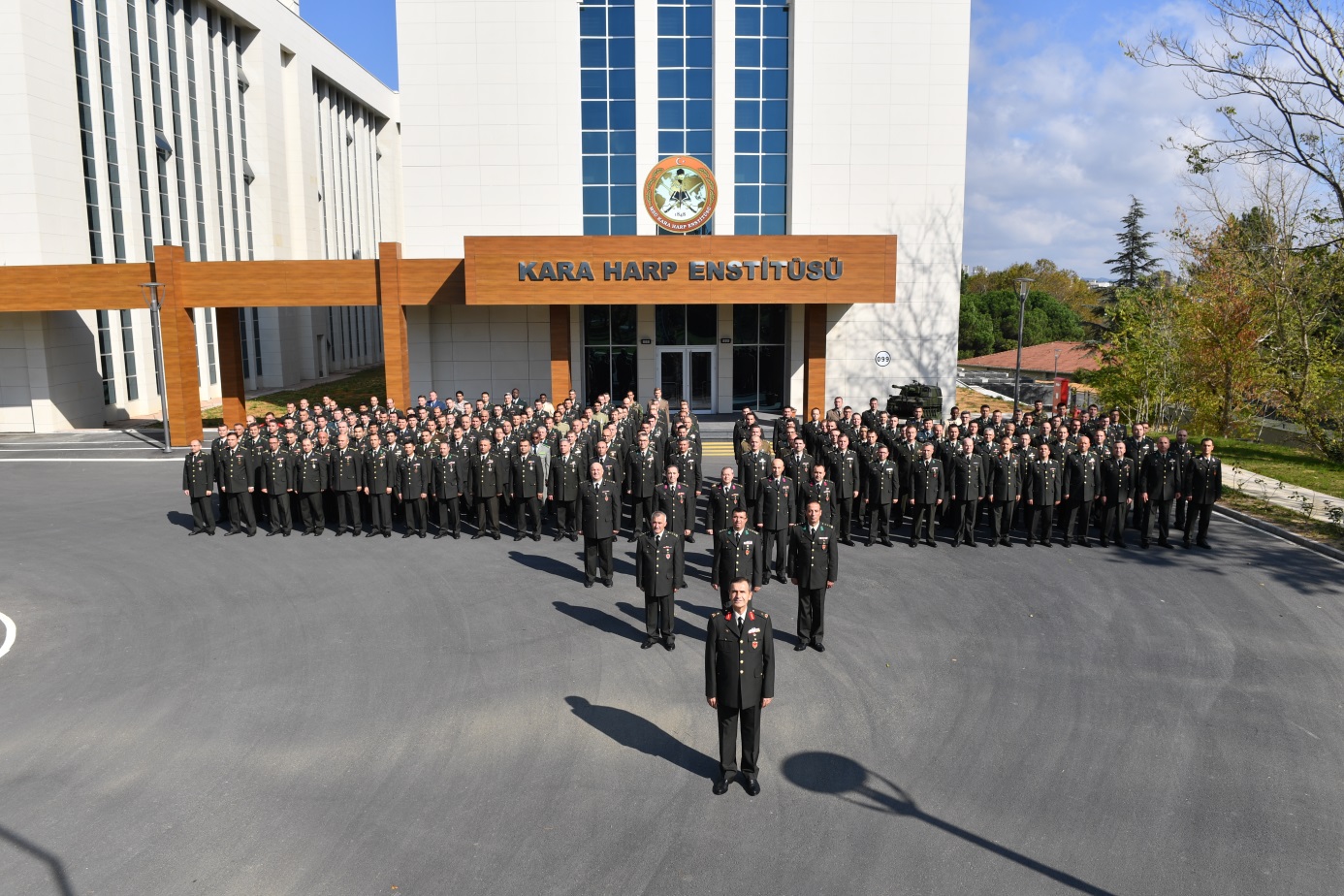
The quality of education and the faculty at the National Defense University is also controversial. The Turkish media frequently discusses the lack of sufficient military expertise among many academics who teach at the university.
For instance, Erhan Afyoncu, president of the National Defense University, wrote, “Vienna has fallen 341 years later” on X on July 2, immediately after the Turkish football team secured a victory against Austria in the UEFA European Football Championship. He was referring to the failed attempts by the Ottoman army in 1683 to capture Vienna, a crucial trade hub and strategic city whose conquest would have enabled greater Turkish expansion into Europe.
This controversial tweet sparked significant backlash on social media, with many users calling for Afyoncu’s resignation. They also questioned the relevance of linking football to events in history and criticized the appointment of someone with such views to lead a university, labeling it as a case of incompetence. Afyoncu had previously been honored by the government with the rank of lieutenant general.
As non-staff officers are quickly promoted to general, the Turkish military is approaching a significant challenge. According to the Turkish Armed Forces Personnel Law, an officer must have completed training at the War Academies to be eligible for promotion from major general to lieutenant general and eventually to full general. This requirement implies that an officer who is not a staff officer cannot become chief of general staff. Consequently, the Turkish military may soon struggle to find a qualified officer to be promoted to the top position unless the law is amended.
Supreme Military Council decisions in 2024:
